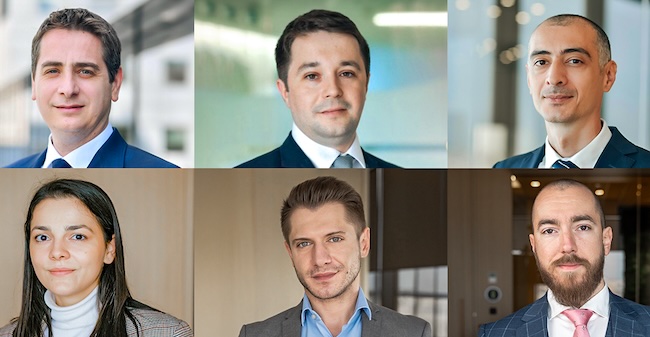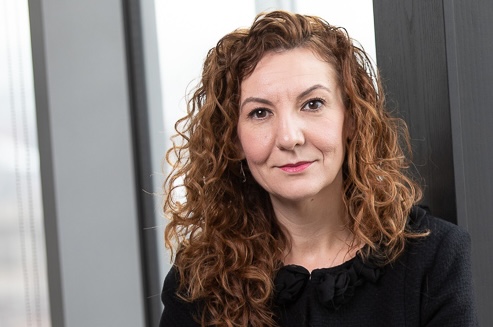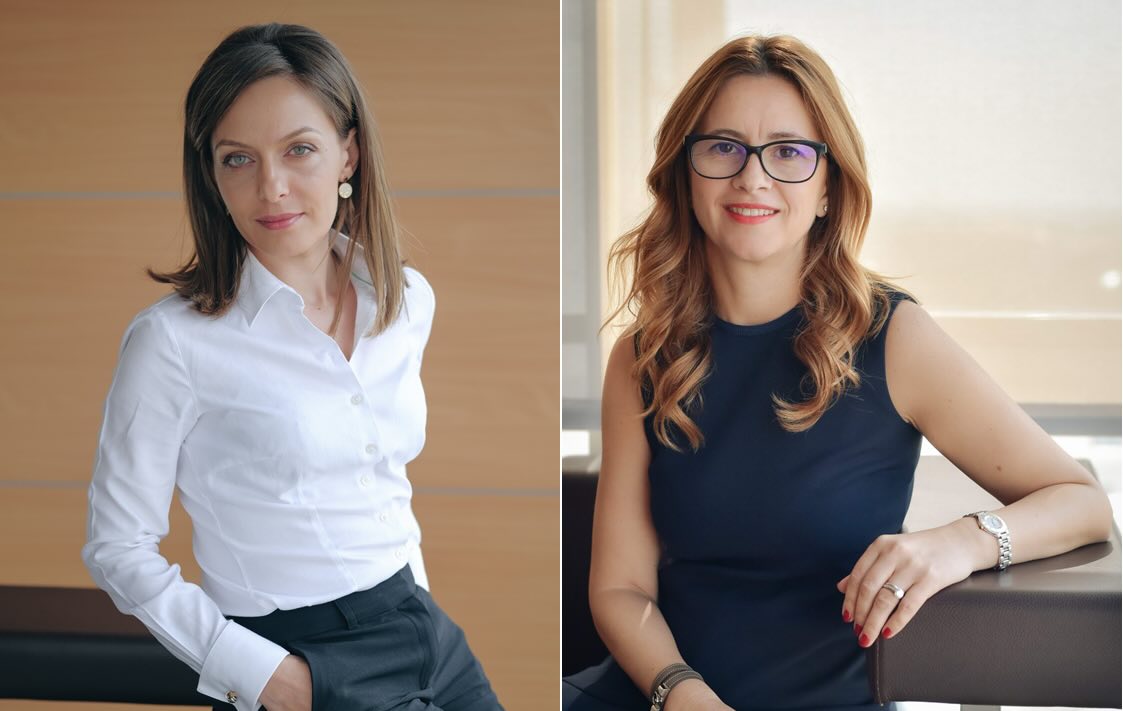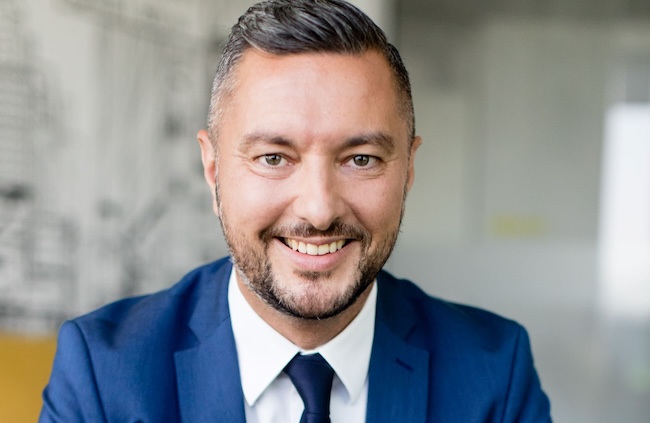Construction materials producers, recycling companies, meat processors or medical clinics can receive up to 50% of non-reimbursable financing for investments. Access conditions, much relaxed
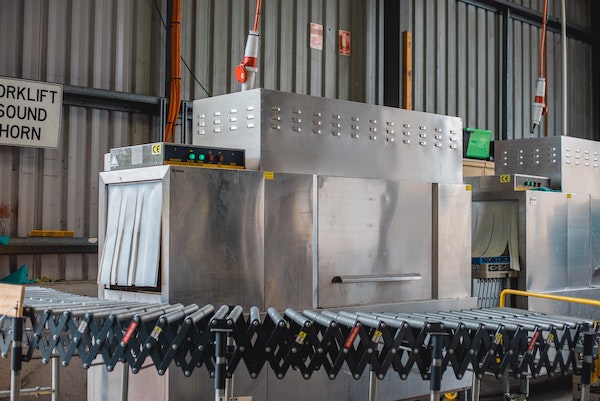
Companies that specialize in the production of construction materials, recycling, meat processing or medical clinics are eligible to receive up to 50% of non-reimbursable financing through the Government Decision 807/2014 aid scheme supporting investments, whose funding program has been extended to 31.12.2023, where the investments can be implemented by the end of 2028.
Despite a difficult year marked by the COVID crisis, that has affected most of the industries, the construction sector grew by around 20% in the first 10 months of 2020, according to data from the National Institute of Statistics (NIS), the estimates of the specialists in the market are that the construction sector will keep on an upward trend this year too.
“We see a very high appetite for financing from companies active in the production sector construction materials, especially from the ones specialized in the production of concrete, asphalt mixes, aggregates or prefabricated products. Whether new locations, new production facilities or the expansion of production capacity, companies need financing in 2021 and, in the context of the pandemic, they are managing their resources much more carefully by looking for financing options from EU funds or state aids", stated Roxana Mircea, partner at REI Finance Advisors, one of the most dynamic consultancy companies specialized in attracting non-reimbursable financing, with eight regional offices across the country.
GD 807/2014, the only currently available source of non-reimbursable financing for investments
The Scheme covered by the GD 807/2014 is the only source of non-repayable financing for investments available at the moment, where there is an open session and projects can be submitted continuously up to 31.12.2023 and can be implemented gradually, until 31.12.2028. Acquisitions can also be started once the business plan has been submitted to the Ministry and the acquisition procedure has been carried out. There is no need to wait for the agreement to be issued for an additional 3-4 months period, unless the beneficiary wishes so.
The scheme grants 10% non-reimbursable financing for projects implemented in Bucharest, 35% - Ilfov and the West of the country (counties of Arad, Caraș-Severin, Hunedoara and Timiș) and 50% non-reimbursable financing in the rest of the country.
Eligible for funding are both start-ups, owned by shareholders who are no longer involved in other companies operating in the same field, SMEs or large companies, with thousands of employees. The condition would be that the applicants had a profit in at least one of the last 3 years of activity.
The list of eligible expenditure includes new investments, the construction of buildings from scratch, the extension of existing buildings or a simple acquisition of equipment leading to the diversification of the company’s products, the increase in capacity or the change in technology flow. It shall not be possible to renovate buildings or purchase existing buildings.
"A great interest in the Government's Decision 807/2014 scheme we have also seen from the companies operating in the waste recycling area, the meat processing industry, as well as medical clinics - companies with which we have advanced discussions and that analyze deep into this financing line, aiming to invest in development, by accessing non-reimbursable funds. However, these are not the only areas that qualify for the desired financing and the conditions for granting have become more relaxed, so the minimum investment threshold is EUR 1 million and the maximum grant provided amounts to EUR 37,5 million", Roxana Mircea added, stating that, at the time the project has been submitted, the company doesn’t need to prove co-financing, but only within 6 months after the grant agreement has been issued will it be necessary to submit - either from its own sources (undistributed profit) or drawn (bank loans).
Another measure to ease the granting of the financing through the GD 807/2014 is that it is no longer necessary to submit proof of ownership of the land or of the land free of burdens at the time of the submission of the project, but also only within 6 months of the issue of the financing Agreement.
The submission of the project requires an overall estimate and an object-based currency according to GD 907/2016, the submission of a market analysis of demand over the next 7-10 years in the market segment in which the company operates.
The company that requests the State Aid is to assume that the average of the employees number over the past 12 months has been maintained and that the payment of taxes and duties, strictly on the new investment project, not on the whole of the company, is equal to the grant received (new employee taxes, corporate tax, taxes paid to the local budget).
"For example, for a grant of about 600,000 euros, if the project does not suppose construction and does not involve taxes on the local budget, the company must create 30 new jobs at a gross salary of 3,500 RON or report the income tax payment of 600.000 euros in 5 years; the 5-year period may be extended to 7 years if the payment of fees is not successful in the context of the pandemic. In the extreme case that at the end of the monitoring period (5-7 years) no fees equal to the grant are paid, the beneficiary will pay to the Finance Ministry the amount it failed to pay, plus interest of about 3% (the interest is updated on the competition Council page). The acquisitions are made in accordance with the company's own procedure, not on SICAP or fonduri-ue.ro", said Roxana Mircea.
REI Finance Advisors is the only consultancy company in Romania, specialized in attracting non-reimbursable financing through European funds or state aid, with 8 regional offices. REI writes the projects and implements them with the beneficiaries until the final tranche is received, and support can be provided at the company's request, including during the project monitoring period.
For this year, REI aims to obtain financing for at least 200 companies through the Government aid scheme governed by the GD 807/2014.



